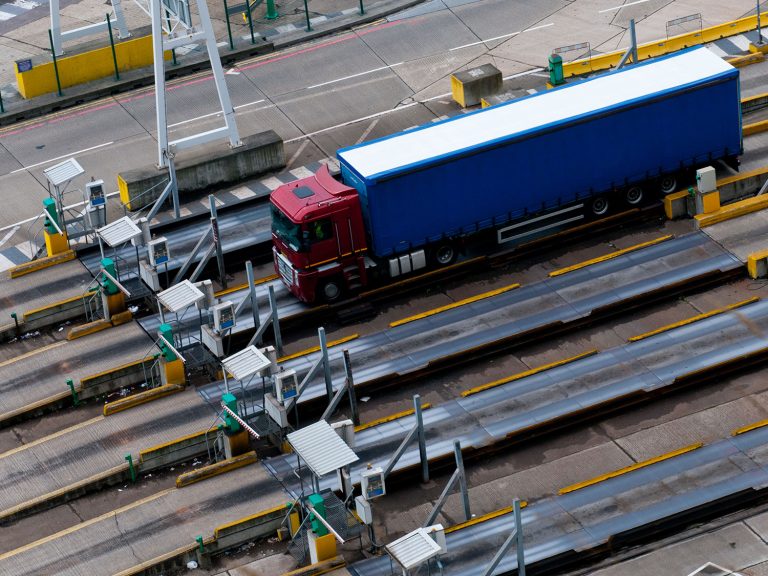
Date:
Brexit: Selling customs services
On the 1st January 2021 – Brexit – no customs border posts will appear between the UK and the EU, but you may need to pay customs duty and import VAT when goods pass across the new ‘border’ and you’ll need to submit customs declarations and pay administration fees for their completion and submission.
With 400 million extra customs declarations needed annually, the extra paperwork will add about 13 billion pounds of costs and if companies don’t have the right documents, their goods (exports particularly) risk being held up at ports, causing traffic jams and supply chain disruption.
Britain’s split from the European Union is heralding the introduction of border controls between the U.K. and its largest trading partner for the first time in three decades, companies are rushing to acquire the means to file the new customs paperwork that will be required from January.
The surge in demand is a boon for firms that provide the type of software we use to simplify the filing of trade declarations, with some reporting a five-fold increase in inquiries for services, which can cost as much as £2,000 a month.
Metro systems can automatically file export declarations and create a comprehensive record of every import, to give you an accurate fiscal liability total and submit accurate declarations, which will be a legal requirement for all UK companies trading with the European Union
The new red tape is an automatic consequence of Britain leaving the EU’s customs union and companies will still have to file additional paperwork even if the two sides reach a trade deal.
In a 206-page document outlining its Brexit border plan, the U.K. government says: “Customs declarations are complicated” and has launched a £9 million ad campaign to encourage businesses to prepare for the new rules — either by seeking the services of a customs agent like Metro or handling the declarations themselves.
Importers and exports will have to turn to technology, because of a shortage of the 50,000 customs brokers that will be required to handle the extra Brexit paperwork, with training providers adamant that the government is far from reaching that target.
And with it taking from six months to a year to train a new customs broker, it’s just unrealistic to bring on that amount of staff in such a short time-frame.
